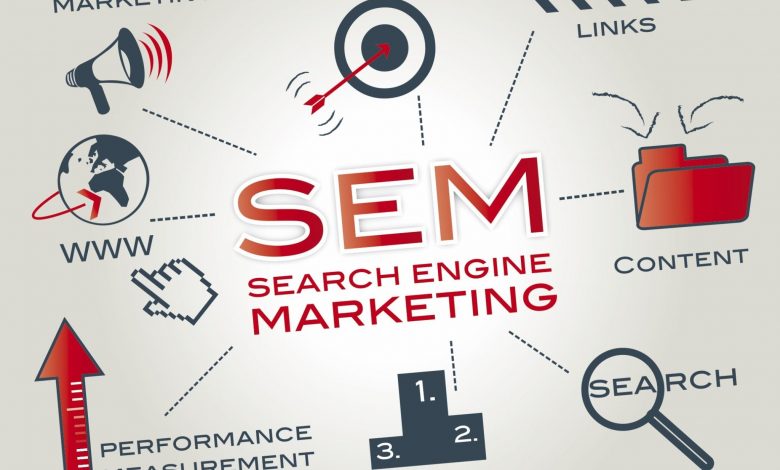
In today’s business world, search engine marketing (SEM) plays an essential role as an instrument to support marketing success. It is a strategy to improve website performance in search engines.
Search engine marketing was once divided into organic, which involves search engine optimization (SEO), and paid search. Now that SEO has a world of its own, SEM has become more exclusively linked to pay-per-click advertising or PPC.
In this article, you will learn the role search engine marketing plays in modern business, why it matters, how SEM can be a vital tool for your growth strategy, and how SEM can work to your advantage.
SEM Can Help a Company Move Forward
The rapid development of internet technologies pushes more and more people to shift their economic activities from offline to online. This opens up a new place for businesses to compete. If you want to popularize your brand in this potential market segment, using search engine marketing is necessary to expand your reach.
As search engines have become the main entry point for website visitors, SEM can be likened to the key that opens that entrance for your business. Generally, there are two benefits you can reap from using SEM:
- Efficiency, where you don’t have to pay except for the impressions that convert into reach;
- Improved organic ranking in SERPs (search engine results page) as your paid traffic increases.
Unlike people on social media who do not necessarily need what they are looking for, search engine users tend to be ready to interact with the websites they deem helpful. One form of interaction that most searchers do is, of course, make purchases.
This is where search engine marketing comes in. It can help businesses get the attention they need from potential customers by making their content more visible and easy to find at the right time. PPC itself is also non-intrusive advertising, so it will not interfere with the user’s browsing experience.
How Search Engine Marketing Works
You probably know that search engines use sophisticated algorithms to filter and organize search results, which is done to meet the needs of online surfers accurately. Search engines display results based on the user’s keywords and location and the relevance and prominence of sites in their databases.
In paid search advertising, all of these factors are readily available. You can show your website in a good position in search results as a sponsored ad, thus allowing your brand to gain more visibility and customer awareness without difficulty.
When people search for specific terms that match the target keywords in your campaign, your website will appear in a prominent position in SERPs. It will be displayed in a way that naturally blends in with organic search results. Since your website is highly relevant to the entered query, it is more likely that people will click on it.
Upon its execution, search engine marketing can run pretty much automatically. As a marketer, all you have to do is choose a network and configure your campaign to get things started. Here is what a marketer needs to do when preparing an SEM campaign:
- Conduct keyword research to determine the right keywords
- Select target geography for the ad
- Create a text ad to be included in the search results
- Choose a bid amount that fits the available budget
So far, search engine marketing is still considered the most efficient strategy for growing a business. Examples of well-known ad networks are Google Ads and Bing Ads. The former lets you advertise on search results and other Google properties such as YouTube, Gmail, and Blogger, while the latter offers ad slots on Yahoo and Bing websites.




